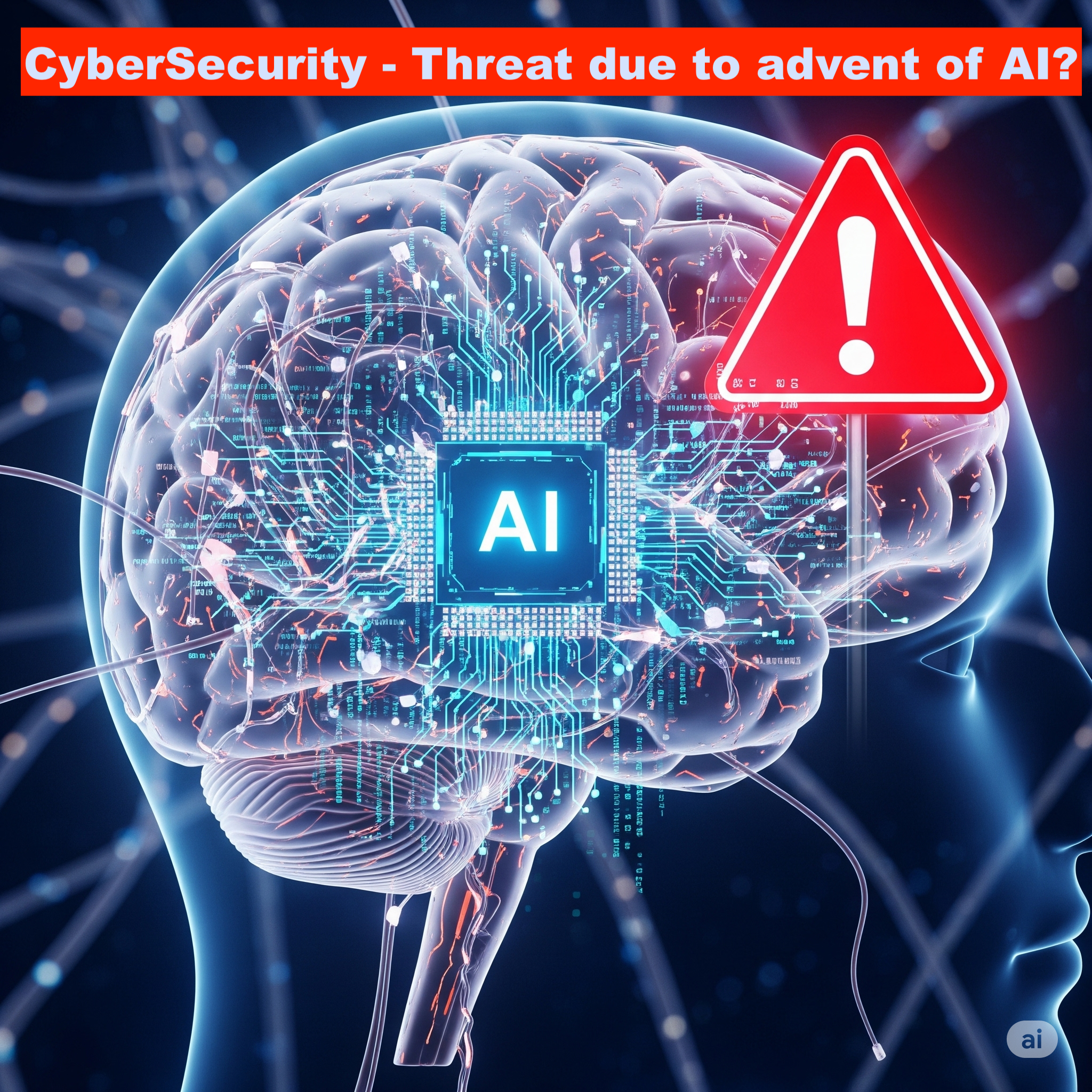AI-Driven Cybersecurity - the next big risk!
Navigating the Growing Landscape of AI-Driven Cybersecurity Risks
Artificial intelligence’s advent has started to impact across multiple societal dimensions. Although the possibility of positive impacts are immense, one of the substantial threats which I think is evolving is of cybersecurity. Especially due to the disproportionality in tech literacy within humanity. This has a greater likelihood of affecting vulnerable populations due to inadequate awareness to effectively defend themselves.

The Social Engineering Threat
One thing that worries me is the use of Social Engineering augmented by Generative AI while committing a cyber crime. Social engineering is an insidious methodology whereby attackers strategically exploit human psychology and behavior rather than relying solely on technical vulnerabilities.
Malicious “Black Hat” hackers increasingly leverage AI capabilities to refine and enhance social engineering attacks through sophisticated means, including:
👉 Precisely targeted phishing campaigns designed to deceive specific individuals or groups.
👉 Highly realistic and convincing deepfake media, significantly complicating authenticity verification.
👉 Scalable, automated misinformation and disinformation operations aimed at sowing confusion and distrust.
These sophisticated, AI-enabled methods pose severe threats, particularly for individuals with limited exposure to technological risks.
The Challenge Ahead
The convergence of artificial intelligence and cybercrime represents a paradigm shift in the threat landscape. Traditional cybersecurity approaches may prove insufficient against these evolving, AI-powered attack vectors. The democratization of AI tools means that sophisticated attack methodologies are becoming accessible to a broader range of malicious actors.
Key Concerns:
- Scale and Speed: AI enables attackers to conduct operations at unprecedented scale and speed
- Personalization: Machine learning algorithms can craft highly personalized and convincing attacks
- Automation: Reduced human intervention requirements for complex social engineering campaigns
- Adaptability: AI systems can learn and adapt to defensive measures in real-time
Call for Collaborative Solutions
What do you think can be proactive measures or strategic frameworks that can help us to mitigate these advanced AI-driven cybersecurity challenges?
Some potential approaches might include:
- Enhanced digital literacy programs
- AI-powered defensive systems
- Regulatory frameworks for AI development
- International cooperation on cybersecurity standards
- Public-private partnerships for threat intelligence sharing
This post reflects my personal observations on the evolving cybersecurity landscape. I’m interested in fostering a discussion about practical solutions to these emerging challenges.